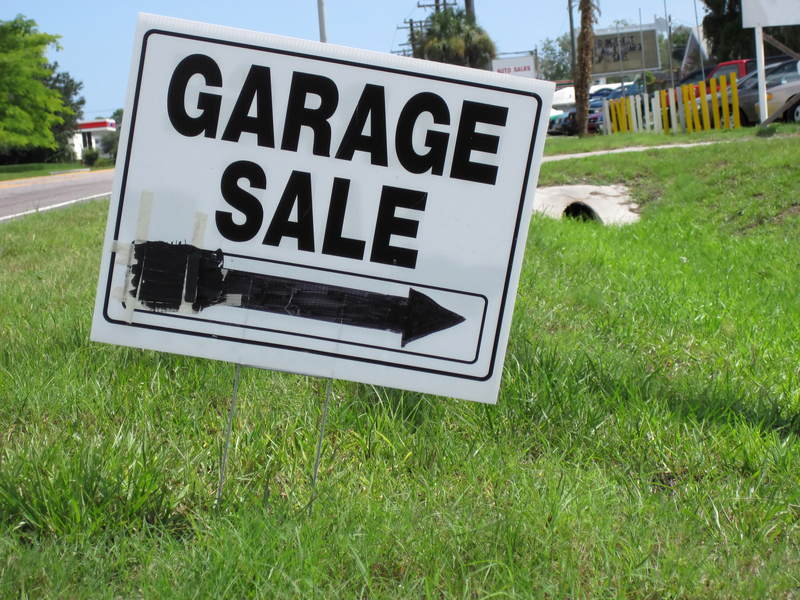What to Consider When Your Bin Isn't Picked Up
It's frustrating when your bin isn't picked up on schedule. Apart from disrupting your waste management routine, it can lead to potential hygiene issues. If you find yourself in this predicament, there are several considerations and steps you can take to address the issue effectively. In this comprehensive guide, we will delve into everything you need to know and what actions to take when your trash collection service is interrupted.
Understanding Why Your Bin Might Not Be Collected
Before jumping to conclusions, it's essential to understand the various reasons behind the missed trash pickup.
1. Holidays Affecting Schedule
One common reason for a missed bin collection is holidays. Many waste management companies adjust their pickup schedules around holidays, which might result in a delay.
- Check if a holiday has affected the regular schedule.
- Look for community announcements or notifications from your waste collection provider.
2. Weather Interruptions
Extreme weather conditions such as snowstorms, hurricanes, or heavy rains can lead to service disruptions. These conditions can make it unsafe for garbage trucks to operate.
- Examine weather reports that may have prevented collection.
- Consider alternative options if forecast foreseeably affects future collections.
3. Bin Accessibility
Where and how you place your bin can also affect its pickup. If bins are not easily accessible, waste collection employees might skip them.
- Ensure your bin is placed at the curb or designated collection point.
- Check if the bins are too full or overpacked, making them hard to move.
- Move any vehicles obstructing access to the bins.
4. Missed Communication
Sometimes the issue might simply be a lack of communication. There might have been prior notices or adjustments to the schedule that you missed.
- Subscribe to notifications from your local waste management service.
- Check emails or mail for updates or changes.

Steps to Take When Your Bin Isn't Picked Up
Once you've identified potential reasons for the disruption, here are some steps to resolve the issue.
Contact Your Service Provider
Reach out to your local waste management service for information.
- Have your account information ready, such as your client ID or address.
- Clearly explain the issue and inquire about the next possible pickup.
- Always note the details of who you spoke with and any resolutions offered.
Explore Temporary Solutions
If your bin won't be picked up for a while, consider temporary options for waste management.
- Limit the amount of waste you generate. Recycle or compost when possible to reduce bulk.
- Transport waste directly to a local landfill if permissible.
- Check if any neighbors can accommodate some of your excess waste.

Preventing Future Issues
While some factors are out of your control, taking proactive measures can mitigate future inconveniences.
1. Set Reminders for Trash Day
Use phone alarms or calendars to remind you of trash day, ensuring that bins are out on time.
2. Stay Informed on Waste Policies
Keep up with any changes or policies in your community regarding waste management.
- Sign up for alerts and notifications from local services.
- Regularly check community bulletins or websites for announcements.
3. Maintain Good Practices
By maintaining some simple habits, you can ensure a smoother waste management process:
- Keep the bin clean to avoid odors and pests.
- Secure waste in bags to prevent spills.
- Ensure the bin lid can close properly, aiding in hygiene and efficiency.
Conclusion
When your bin isn't picked up, the disruption can be annoying, but understanding the reasons and knowing the steps to take can greatly reduce stress. Be proactive in reaching out to service providers, and maintain good practices to prevent future issues. By staying informed and engaged with local waste management, you can ensure that your garbage collection process remains as seamless as possible.
Remember, effective communication and practical solutions are key in handling periods when your waste collection service doesn't go as planned. With these guidelines, you're better equipped to manage and resolve such inconveniences professionally and efficiently.